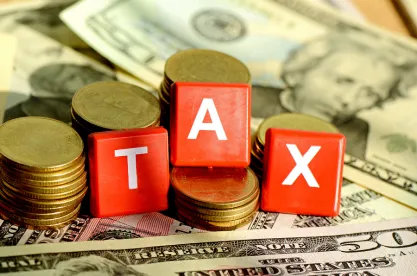On March 28, 2016, the U.S. Tax Court announced interim changes to its Rule of Practice and Procedure to incorporate changes made by Congress at the end of 2015. The interim changes impact several areas of the Tax Court’s Rules, including the impact of bankruptcy proceedings on the court’s jurisdiction, actions for review of failure to abate interest, partnership actions and jurisdiction related to passport certification actions. Additionally, the changes amend the rule regarding the application of the rules of evidence in Tax Court proceedings, which is summarized below.
Pursuant to IRC § 7453, the Tax Court has historically followed the rules of evidence as applied by the United States District Court of the District of Columbia in trials without a jury. Congress’s recent amendment to IRC § 7453 removed the reference to the rules of the United States District Court of the District of Columbia, and added a reference to the Federal Rules of Evidence.
To incorporate Congress’s change, the Tax Court amended Rule 143 regarding evidence that is effective immediately and a final proposed amendment that is subject to public comment. Tax Court Rule 143 now states that:
Trials before the court will be conducted in accordance with the Federal Rules of Evidence.
The amendment applies to all proceedings commenced after December 18, 2015, and also applies to all other proceedings pending on that date to the extent it is just and practicable.
The effect of the amendment to IRC § 7453 and Tax Court Rule 143 is to extend the so-called Golsen rule (named for Golsen v. Commissioner, 54 T.C. 742 (1970), aff’d, 445 F.2d 985 (10th Cir. 1971)) to evidence issues. Pursuant to this rule, the Tax Court chooses to follow the case law of the circuit to which a case is properly appealed. In prior cases and unpublished orders, the Tax Court had cited to both D.C. Circuit opinions and opinions of the circuit where any appeal in the specific case would normally lie in deciding evidentiary issues. This change may cause controversy where there is a split in the circuits on a particular evidence issue, for example in the case of the attorney-client privilege and the work-product doctrine. However, the change ensures that, as with other legal issues presented, the court will follow the law of the circuit to which the case is appealable.




 />i
/>i
